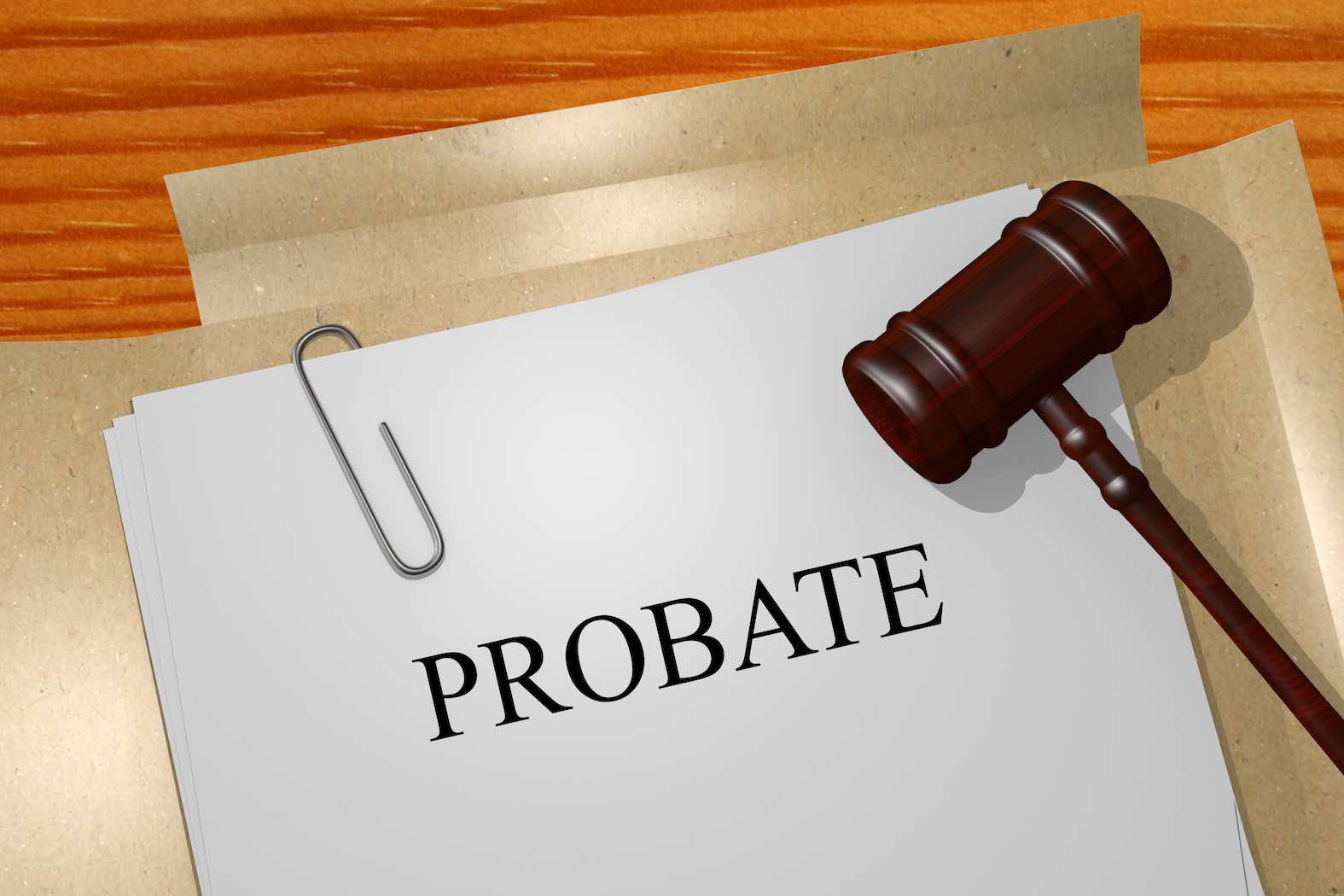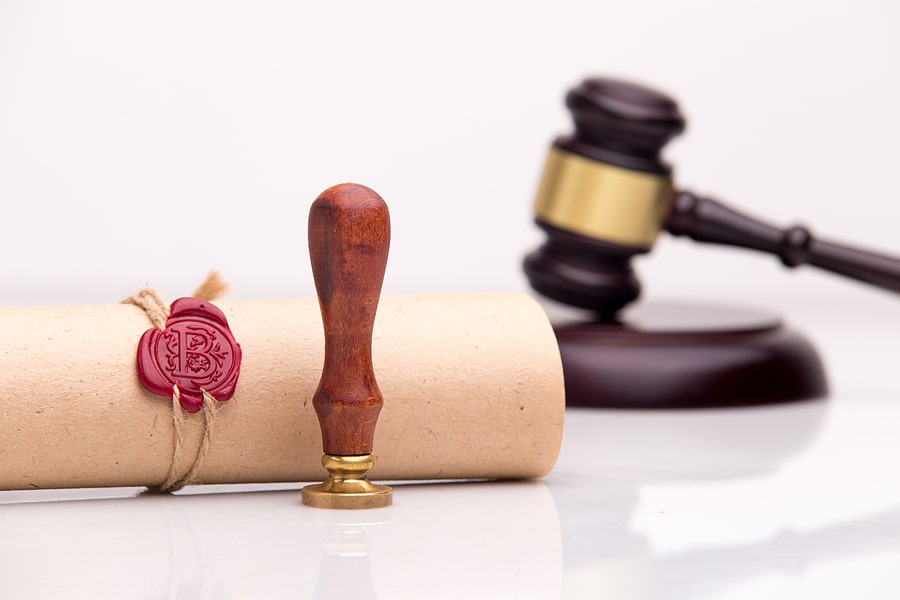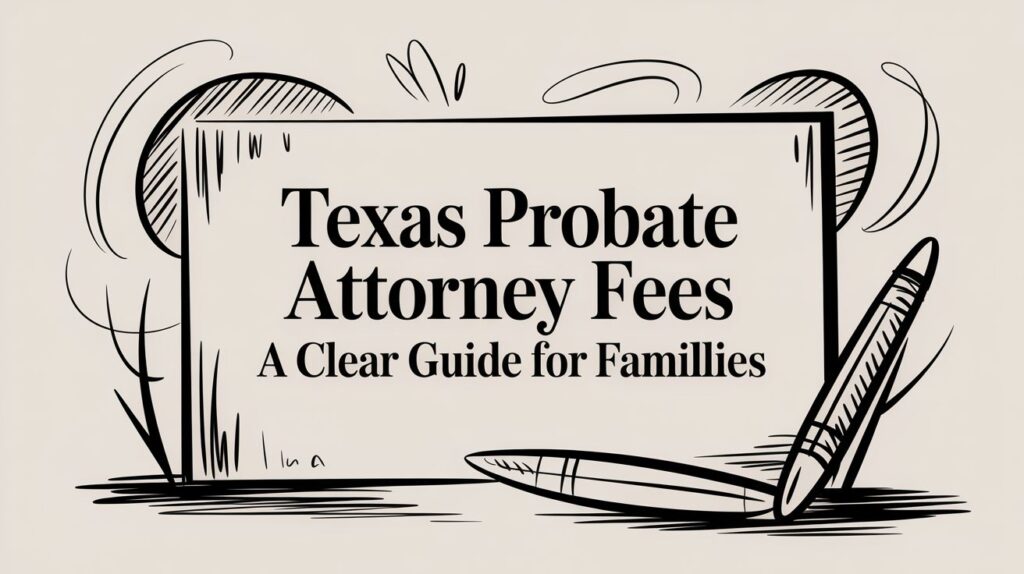When someone passes away, what happens to everything they owned? That’s where a will—and often, probate court—comes into play. In Texas and across the United States, having a valid will is one of the most common ways to dictate who inherits your assets. But as helpful as a will might seem, it comes with both advantages and limitations—especially when it lands in the hands of the probate court. That’s why it’s important to weigh the pros and cons of wills in probate court before assuming that writing one is a one-size-fits-all solution.
This article takes a deep dive into the pros and cons of wills in probate court, blending legal insight with practical scenarios. Whether you’re preparing your own estate plan, settling a loved one’s estate, or facing a will contest, understanding both sides of the coin can make the process less overwhelming—and more successful.

What Is a Will, and Why Does It Matter in Probate Court?
The Legal Definition, Simplified
A will, or a “last will and testament,” is a legal document that outlines how a person wants their property and assets distributed after their death. It also names an executor—the person responsible for carrying out those wishes. Once the person passes away, the will is submitted to probate court, where a judge ensures it’s valid and oversees the estate’s administration.
While wills offer a great deal of control from beyond the grave, their impact hinges on how well they’re written—and how smoothly theprobate process goes. That’s why examining the pros and cons of wills in probate court is essential before you decide that a will alone is enough.
Pro: Clear Instructions for Asset Distribution
Your Wishes, in Writing
One of the biggest pros of wills in probate court is clarity. A well-drafted will tells the court exactly what the deceased person wanted. There’s no guessing about who gets what, which can prevent major family disputes—especially in blended families or second marriages.
Example: Margaret, a widow with two children and a stepson, used her will to leave specific gifts to each of them. Her will spelled out who got the house, who received investment accounts, and who inherited her jewelry. When the document was submitted to probate, the judge followed it to the letter—eliminating the chance for squabbling.
Having clear instructions in a will often saves time and confusion during the probate process, which is one of its strongest benefits.
Con: Wills Must Go Through Probate
No Escape From Court
A major downside, though, is that wills do not avoid probate. Many people believe that having a will means the court won’t be involved—but that’s not the case. In fact, one of the most common cons of wills in probate court is that the document must still be authenticated and administered through legal channels.
Probate can be:
- Time-consuming (lasting months or even years)
- Public (anyone can see what’s in the will)
- Expensive (legal fees, court costs, and executor commissions)
Example: In Dallas County, a man named Joel passed away leaving a will that split his estate between three siblings. However, because his will still had to go through probate, it took nearly a year before his siblings received their inheritances—and they paid over $7,000 in legal fees.
So while wills offer guidance, they don’t avoid the red tape of the probate system.
Pro: Allows You to Name Guardians and Executors
Planning for More Than Just Money
Another big pro of wills in probate court is the ability to name guardians for minor children or dependents. This is something that can’t be done with tools like joint ownership or transfer-on-death accounts.
Parents can:
- Appoint a trusted guardian for their kids
- Name alternates in case the first choice is unavailable
- Specify who should manage their child’s inheritance
Likewise, the will allows you to name an executor—someone you trust to carry out your wishes. Without a will, the court appoints an administrator, and it may not be the person you’d have chosen.

Example: Carla, a single mom in San Antonio, made a will that named her sister as guardian for her 7-year-old daughter. When she unexpectedly passed away, the probate judge honored the will, and her daughter stayed with family instead of entering foster care.
That kind of foresight underscores one of the strongest points in favor of having a will.
Con: Wills Can Be Contested in Court
Family Fights Get Ugly
Unfortunately, one of the biggest cons of wills in probate court is the potential for will contests. If someone believes the will was forged, created under pressure, or written while the person lacked mental capacity, they can challenge it in court.
Grounds for contesting a will include:
- Undue influence (e.g., a caregiver manipulating the elderly person)
- Fraud or forgery
- Lack of capacity (e.g., Alzheimer’s at the time of signing)
- Improper execution (e.g., missing witnesses or signatures)
Example: In Houston, an elderly man left his estate to a much younger girlfriend, cutting out his children entirely. The children contested the will, alleging undue influence. The probate case dragged on for three years, racking up legal fees and straining the family beyond repair.
Wills are public documents, and anyone with legal standing can challenge them, making probate more difficult and expensive.
Pro: Wills Work With Other Estate Planning Tools
Flexibility and Control
One overlooked benefit of wills in probate court is that they can complement other tools like trusts, life insurance, and payable-on-death accounts. For instance:
- A pour-over will can move assets into a trust after death
- A will can address “residuary” assets not covered by beneficiary designations
- A will can close any legal gaps left by other documents
This flexibility allows a more comprehensive estate plan, where the will acts as a legal safety net.
Example: Jack had a revocable living trust for most of his property, but he forgot to move one of his rental properties into the trust before his death. Luckily, his will named the trust as the beneficiary of all remaining assets. Through probate, the property was legally transferred to the trust without conflict.
In this way, a well-drafted will can prevent issues that might arise from human error or oversight.
Con: Probate Can Be Delayed by Court Backlogs
The Waiting Game
Probate court doesn’t move quickly, especially in large counties like Harris, Bexar, or Travis. This delay is a key con of wills in probate court because heirs can’t access their inheritance until the process is complete.
Reasons for delays include:
- Court staff shortages
- Required waiting periods
- Creditor claim timelines
- Disagreements among beneficiaries
Example: After Clara died in Austin, her three adult children had to wait nearly 14 months to finalize probate. During that time, her house sat vacant, and property taxes piled up—eventually requiring a tax lien payoff before it could be sold.
For families counting on inherited funds to cover expenses, these delays can be financially devastating.

Pro: Wills Can Include Personal Messages and Legacy Wishes
More Than Just Legal Instructions
Here’s a heartfelt pro of wills in probate court: you can use your will to say things that matter. Many people choose to include personal messages, ethical wills, or special gifts that carry sentimental value.
This adds a human touch to the legal process and gives families comfort during a difficult time.
Example: In her will, 86-year-old Mae left each of her grandchildren a handwritten letter, along with family heirlooms. During the probate hearing, her executor read parts of the letter aloud, and the judge commented on how rare and beautiful it was.
This personal expression can have a lasting emotional impact that goes beyond property distribution.
Con: Wills Do Not Cover Every Asset Automatically
Legal Ownership Still Matters
It’s a common misconception that a will controls everything you own. In truth, one of the more technical cons of wills in probate court is that some assets pass outside of probate, no matter what the will says.
Examples include:
- Life insurance policies with named beneficiaries
- Retirement accounts (IRAs, 401(k)s)
- Joint tenancy property with right of survivorship
- Assets held in trust
If your will contradicts a beneficiary designation, the beneficiary wins. That’s why reviewing all your estate planning documents for consistency is essential.
Example: Mike’s will stated that his daughter would inherit his life insurance policy, but he never updated the beneficiary form, which still listed his ex-wife. She received the payout, and the will couldn’t override it.
This emphasizes why a will should be part of a broader estate planning strategy—not the only one.
When Are Wills the Best Option?
Situations That Favor Having a Will
Wills work well in the following scenarios:
- You have minor children and need to name a guardian
- Your estate is relatively simple
- You want to make small, specific gifts to individuals
- You can’t afford to set up a trust right now
- You’re naming a personal executor you trust

If you’re willing to accept the probate process in exchange for control and clarity, a will is a powerful tool. Just remember that even the pros of wills in probate court come with responsibilities and legal formalities that can’t be ignored.
Real-Life Case: The Family Feud That Could’ve Been Avoided
In Fort Worth, three siblings inherited their mother’s estate. She had a will that left everything to be split evenly, but it didn’t specify how to divide personal property like family jewelry, art, or furniture.
A brutal fight broke out over who got what. One sibling filed a motion in probate court to freeze distribution. Over the next 18 months, the legal battle cost more than $20,000 in attorney fees—nearly one-third of the estate’s value.
The takeaway? Even with a will, clarity and completeness matter. Every detail counts when probate court gets involved, and assumptions often lead to conflict.
Final Thoughts on the Pros and Cons of Wills in Probate Court
Wills are powerful tools. They let you say who gets what, choose who manages your estate, and leave behind a legacy that reflects your values. But they also come with limitations—namely, they don’t avoid probate, they can be contested, and they don’t control every asset.
When weighing the pros and cons of wills in probate court, the key is understanding what a will can do—and what it can’t. With the right legal support and careful planning, you can maximize the benefits while minimizing the drawbacks.
If you’re starting your estate planning journey, don’t just rely on templates or assumptions. Talk to an attorney, review your assets, and update your documents regularly. A solid will is a great start, but it works best when part of a bigger picture.








